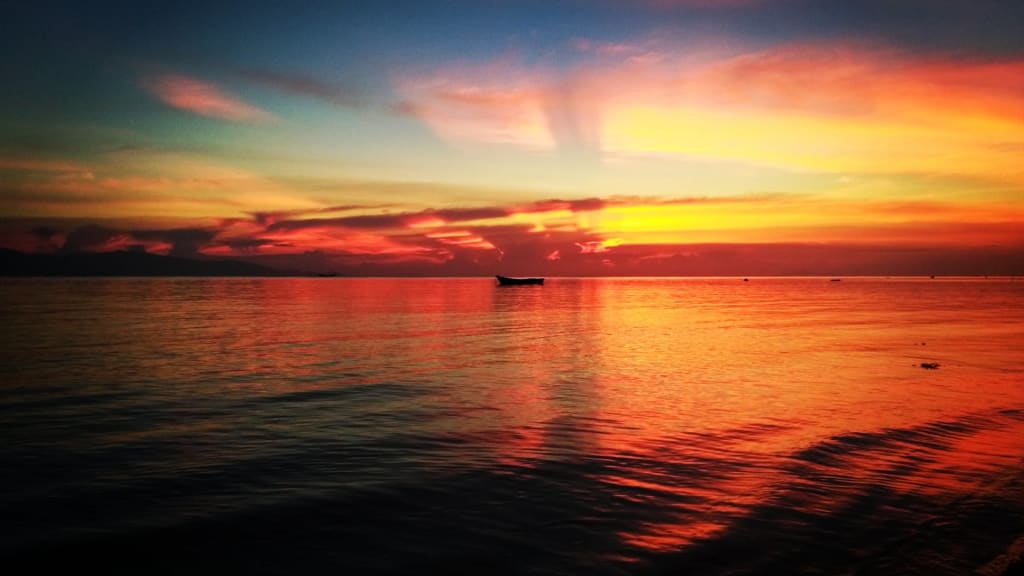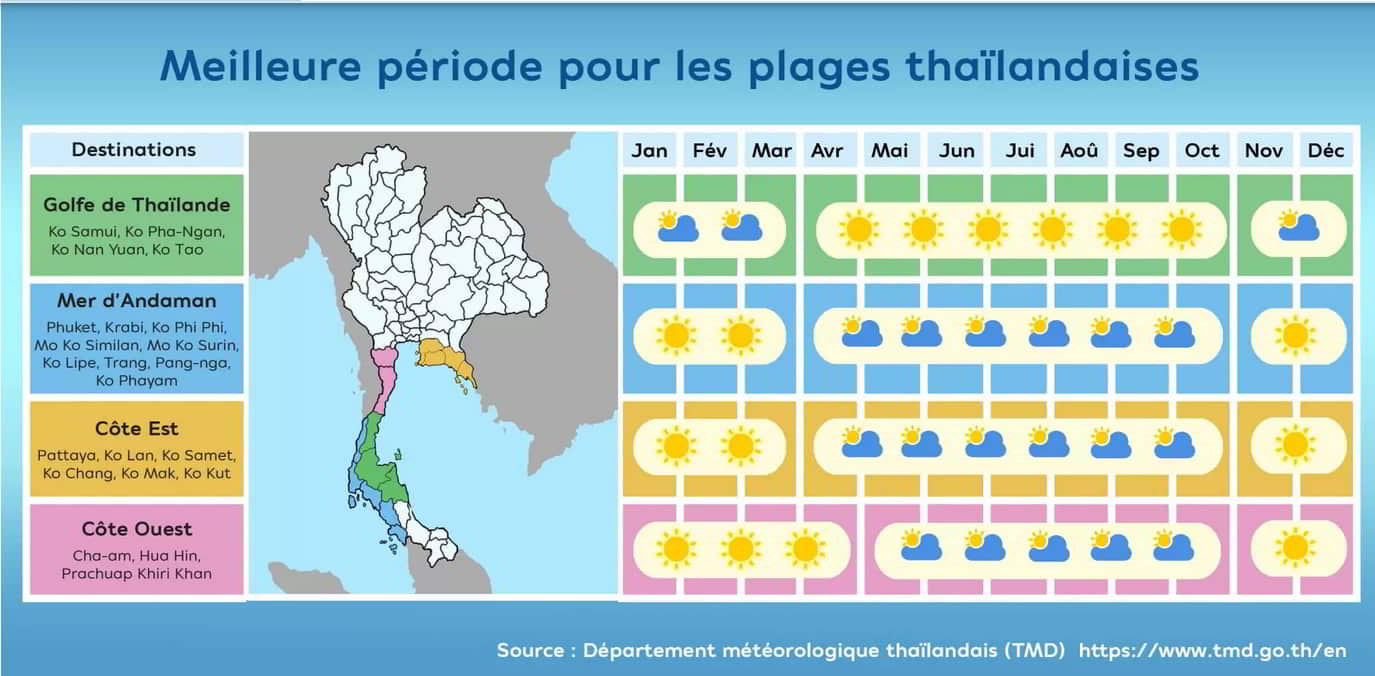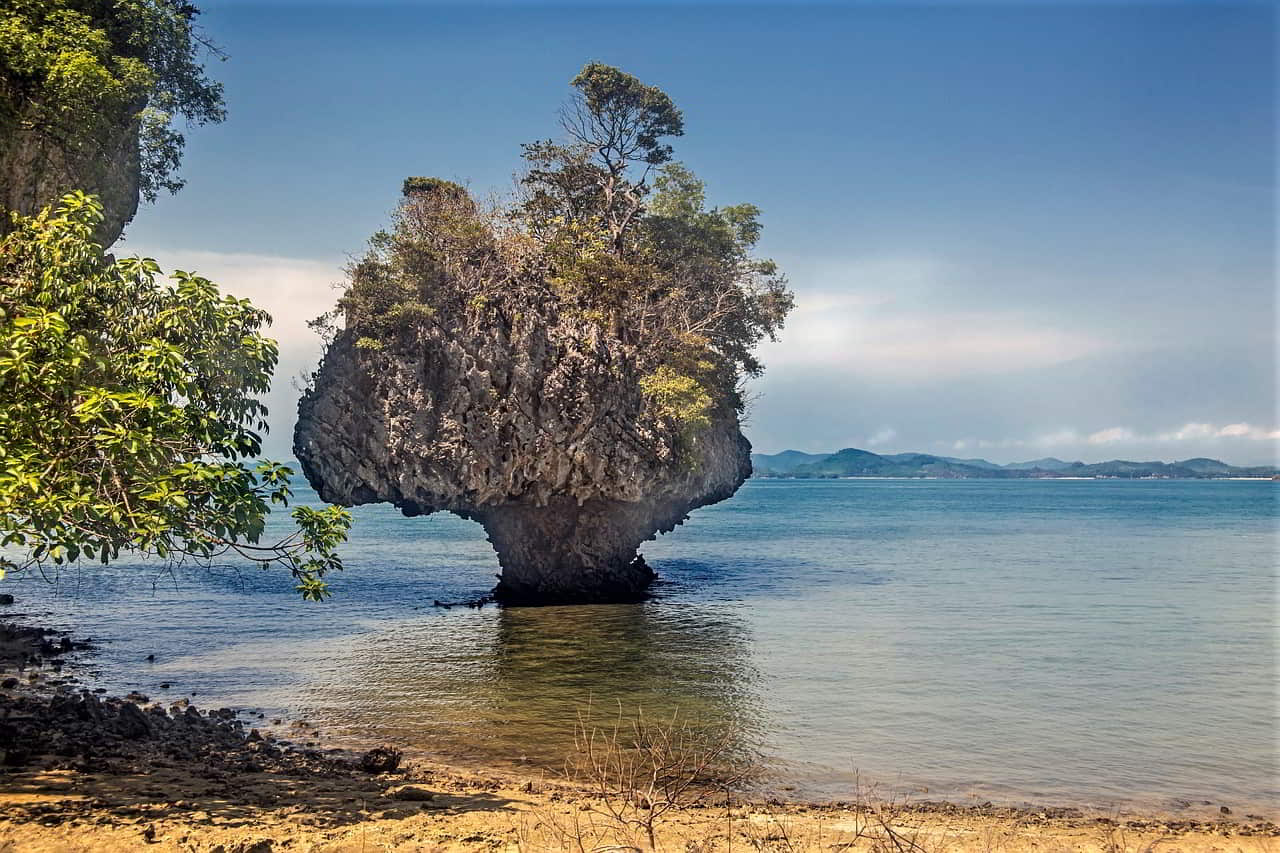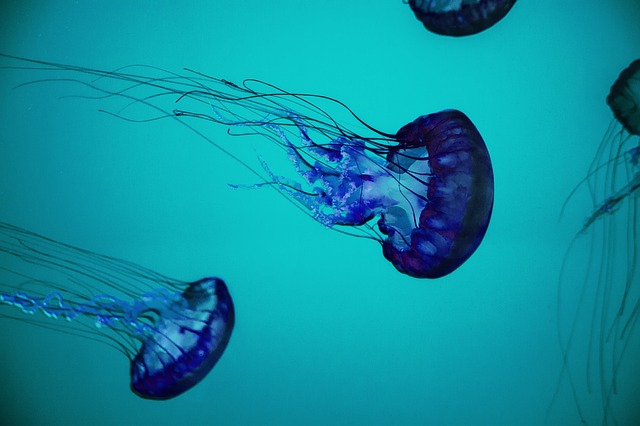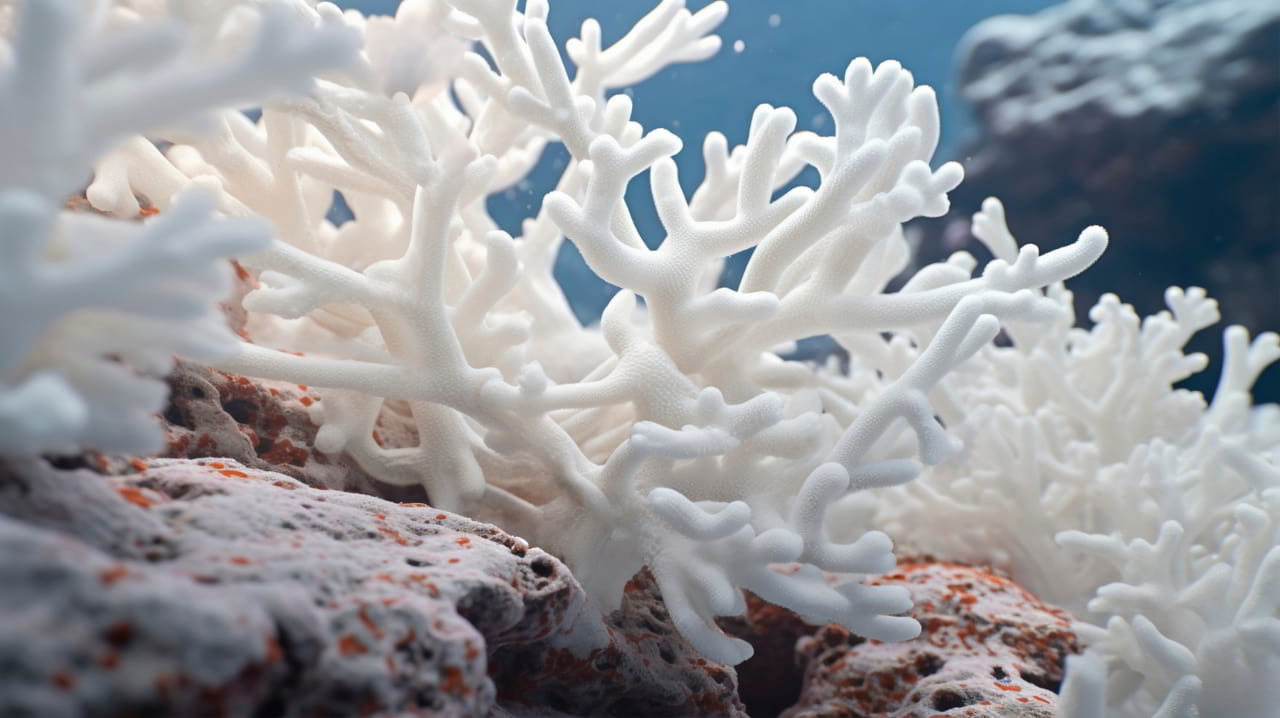The Essential Guide to the Thai Islands
Ready to explore Thailand’s islands? Get essential advice on the best times to visit, cost of living and island highlights. Your Thai island adventure starts here! Follow the Thai Islands Guide.
When to Visit the Thai Islands
Determining the ideal time to explore the Thai islands largely hinges on your personal preferences and the activities you wish to indulge in. Generally, Thailand experiences three distinct seasons:
- Dry Season (High Season):
The period extending from November to February stands out as the prime time to visit the Thai islands. During this period, the weather remains predominantly dry and less humid, with cooler temperatures, creating favorable conditions for outdoor adventures, swimming, and sightseeing.
- Hot Season:
March through May marks Thailand’s hot season, characterized by high temperatures and increased humidity levels. If you thrive in warmer weather and prefer less crowded beaches, this season may be your preferred choice.
- Rainy Season (Low Season):
From June to October, Thailand enters its rainy season, characterized by frequent showers and occasional heavy downpours. Some islands may become less accessible during this period, and water-related activities could be restricted. Nevertheless, there are fewer tourists, and prices for accommodations and activities tend to be more budget-friendly.
It’s important to remember that the climate can change from one island to another in Thailand due to their geographical position. For example, the islands on the west coast of Thailand (Phuket) often have different rainy seasons to those on the east coast (such as Koh Samui and Koh PhanGan).
For more detailed meteorological information on each season, refer to reliable sources such as the Thai Meteorological Department or AccuWeather’s Thailand Climate Guide.
Exploring the cost of living on the Thai Islands
Understanding the cost of living on the Thai islands involves considering several key elements:
- Accommodation:
Typically representing approximately 30% to 50% of your overall budget, accommodations on the Thai islands span a range of options. Budget-conscious travelers can find youth hostels for €15 to €30 per night, while those seeking luxury may encounter higher costs.
- Food:
Accounting for around 25% to 35% of your total expenses, dining on the Thai islands offers a variety of choices. Local restaurants and street vendors provide budget-friendly meals, typically priced between 5 to 10 euros per dish.
- Transportation:
Usually constitutes about 10% to 20% of your overall budget. Transportation costs fluctuate depending on the distance and mode of travel chosen.
- Activities:
Comprises approximately 10% to 20% of your total expenses. Activity costs vary based on individual choices, such as guided tours, boat trips, and the like.
- Beverages and Entertainment:
Typically represents around 5% to 15% of your overall expenses. Local beverages tend to be more economical than imported alcoholic drinks.
Please note that these percentages are approximate and can significantly vary depending on your personal preferences and the duration of your stay.
Thai Islands in the Andaman Sea
Discover serenity on this untouched island with pristine beaches and a laid-back atmosphere.
- Khao Phing Kan
Famous for the iconic James Bond Island, it offers stunning limestone cliffs and emerald waters.
- Koh Bulon
A hidden gem with coral reefs and turquoise waters, perfect for snorkeling and relaxation.
- Koh Kradan
Known for its powdery white sands and vibrant marine life, a paradise for beach enthusiasts.
A diverse island offering everything from lively beaches to dense jungles and a thriving underwater world.
- Koh Laoliang
Ideal for rock climbing enthusiasts, it boasts towering limestone cliffs and clear waters.
- Koh Lipe
Experience a lively atmosphere with bustling night markets and pristine beaches on this vibrant island.
Famous for its stunning Maya Bay and vibrant nightlife, a must-visit for all types of travelers.
A peaceful escape with uncrowded beaches and a relaxed atmosphere.
- Koh Muk
Home to the breathtaking Emerald Cave, offering a unique swimming experience through a dark cave to a hidden lagoon.
- Koh Ngai
A tranquil island with coral reefs, making it a fantastic spot for snorkeling and diving.
- Koh Turatao
A national park with diverse ecosystems, including mangrove forests and pristine beaches.
Experience local culture and stunning landscapes in this quiet and authentic island.
A larger counterpart to Koh Yao Noi, offering similar charm with beautiful beaches and traditional villages.
Thailand’s largest island, known for its vibrant nightlife, cultural attractions, and beautiful beaches.
Thai Islands in the Gulf of Thailand
Thailand’s second-largest island with dense jungles, waterfalls, and diverse wildlife.
A pristine island known for its white sandy beaches and crystal-clear waters.
A popular day-trip destination from Pattaya, offering beautiful beaches and water activities.
- Koh Mak
A quiet and less touristy island with coconut groves and peaceful beaches.
- Koh Phai
A small, uninhabited island known for its coral reefs, ideal for snorkeling.
Famous for its Full Moon Party, it also boasts beautiful beaches and a vibrant atmosphere.
A close getaway from Bangkok, known for its white sandy beaches and lively nightlife.
A popular destination with a mix of luxury resorts, palm-fringed beaches, and lively nightlife.
- Koh Sichang
A serene island with historic attractions and beautiful viewpoints.
- Koh Tao
A diver’s paradise, renowned for its vibrant coral reefs and diverse marine life.
